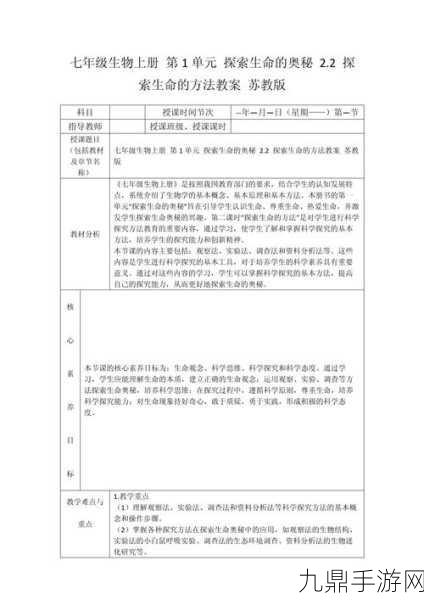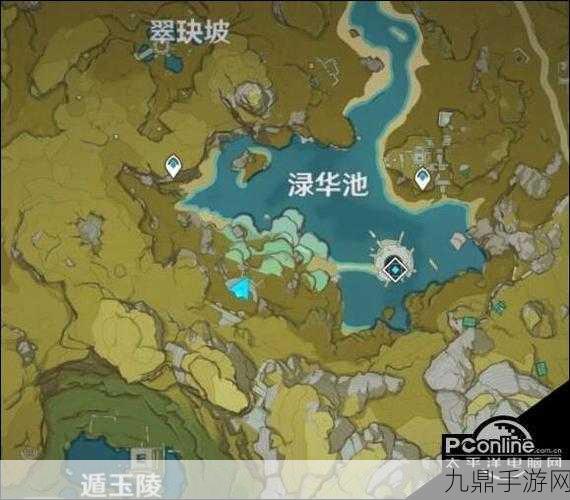生物课堂的魅力
生物学是一门充满奇妙现象和复杂机制的科学。在课堂上,老师通过实际展示与讲解,让学生们对这一领域产生了浓厚的兴趣。教学不仅仅是知识的传授,更是一种探索生命奥秘、激发思维创造力的方法。
实验的重要性
每当走进实验室,各种器材和样本总能让人眼前一亮。观察细胞分裂或进行植物光合作用实验,都是极具吸引力的活动。这些实践可以帮助学生更直观地理解理论知识,将枯燥乏味的数据变得鲜活而有趣。一位优秀的生物教师会鼓励学生动手操作,从中体验到发现问题并解决问题带来的成就感。

互动学习的方式
现代教育提倡互动式学习,这在生物课上表现得尤为明显。小组讨论、生化模型制作等形式能够有效增强团队协作能力,同时也提升了同学之间的信息交流。例如,通过设计一个微型生态系统,不仅加深了对生态平衡概念的理解,还锻炼了大家的问题解决能力。这种参与度高且富有创意的方法,使得课程内容更加贴近生活,并激发出更多潜在兴趣。
多媒体技术辅助教学
The use of multimedia technology in classrooms has revolutionized the way subjects are taught. For instance,利用视频、动画及虚拟现实(VR)来展示复杂的人体结构或者动物习性,可以大幅提高学习效果与记忆效率。当传统教学方法已经不能满足快速发展的时代需求时,引入新兴科技恰好弥补了这方面不足,实现了一种全新的视角去审视自然界中的生命形态。

深入探讨当前热点话题
Nature versus nurture is a classic debate that often arises during biology discussions. This topic examines the extent to which genetics or environment influences human behavior and development. Students can engage critically with this subject by analyzing case studies and participating in debates.
Crispr gene editing technology represents one of the most groundbreaking advancements in biotechnology today. Understanding its principles, applications, and ethical implications is crucial for future biologists as they prepare to navigate these complex issues.
The role of biodiversity conservation cannot be overstated; it serves as an essential component not just for ecological balance but also for humanity’s survival itself. By studying endangered species and their habitats through hands-on experiences like field trips or community projects, students develop a deeper appreciation for nature's interconnectedness.







